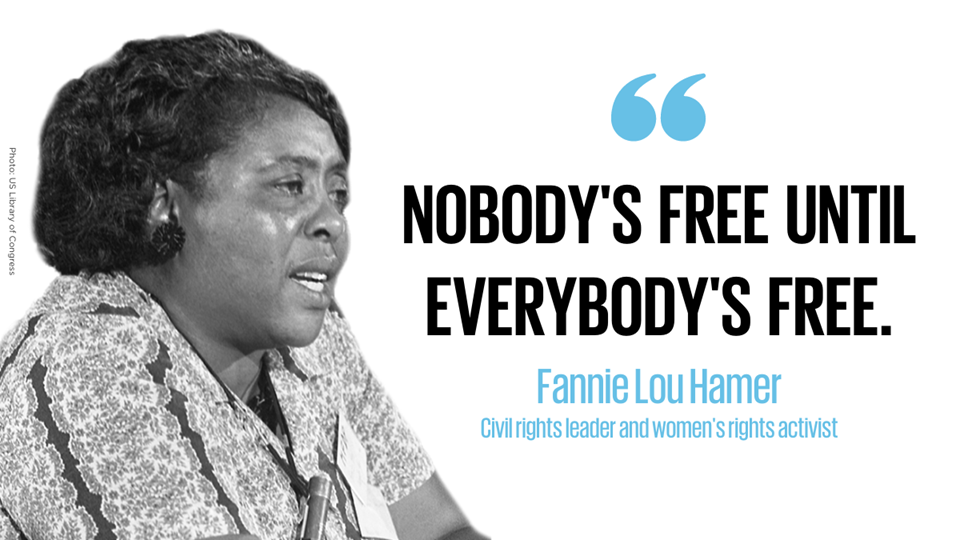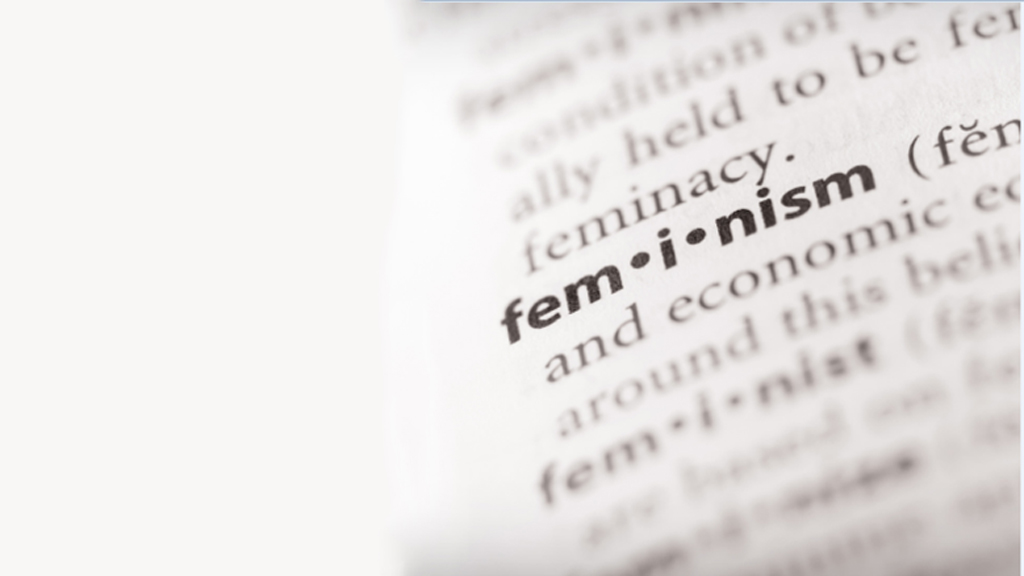We were all huddled over coffees, energetically expressing our frustration with the parking lot traffic during school drop off. My occasional morning coffee with the school mums was my little guilty pleasure, not unlike my sometimes sneaky KUWTK reality TV binge. It was a welcome social reprieve from my stressful and demanding day job.
But as much as our worlds were vastly different, we did appear to have one thing in common. They were mostly women who expressed their support for other women. It made the mindless parking lot traffic, PTA gossip and Pilates and Yoga class chit chat bearable. At least at a moral level, we were all women who supported all women. Right?
Wrong.
The conversation turned to the plight of a fellow mother who was navigating a challenging time with a difficult husband. They were expressing their unilateral support for her and disapproval with her “misogynistic husband”. They were intently making plans to take her out on a “girls night”.
I was looking at the newspaper. A recent high-profile corporate appointment was making the news. It happened to be a white man.
“What do you think about this?” I asked light heartedly.
“Surely they could have found a woman for that role, I mean there are many capable senior women out there” said Kate, who was also a career woman. Everyone nodded their heads vigorously.
“Or any Black person,” I shrugged. It seemed like a natural extension to a conversation on what I believed was about equal opportunity.
There was silence.
“What do you mean?” asked Linda in a combative tone. “We need to move past all that discrimination. What if he is just the right person for the job? What about merit? Why does it have to be a Black person?’
“Why does it have to be a woman?” I asked. Same logic, right.
“There are not enough women in positions of leadership” asserted Tanya.
“There are still not enough Black people, men and women, in positions of leadership,”I countered. Where the heck was this conversation going? It was illogical. And all this in the background of the context of post-Apartheid South Africa where we still have an insurmountable task of undoing the effects of centuries of systemic and structural inequalities.
“It’s reverse racism to discriminate against him because he’s White” said Helen proudly, in support of the plight of her people.
And then it hit me. They were all women, but they were also all White.
“No. Its not racist. Policies that correct systemic and structural inequalities are actually anti-racist. By the same logic are you saying that being a feminist is sexist?” This conversation was becoming more absurd than the ending of Inception.
Helen’s eyes flickered. She started to nervously rub more essential oils on her wrists.
Jane’s face was frozen in a Stepford wife grin. “Oh my gosh I forgot I have to run. I have someone coming over to…. fix my geyser.”
Jane was a self-proclaimed women’s empowerment and self-help guru. She ran an Instagram page filled with visuals of “Be gentle on yourself”, “Give yourself permission to rest”, “You got this Mama!”
Most recently she had started a series of stories about strong women, the most recent of which was a story of the struggles of the White woman who adopted a Black child.
Jane fled to fix her plumbing.
“People must just be nice and kind, come on now we are all the same,” smiled Helen. Here tone implied that I was getting a tad too “angry” for her liking.
The oils were working. She was relaxing. Indeed, love and light Helen. Let’s wish away racism and sexism with spiritual bypassing.
The conversation was over. The cappuccinos cups were drained. The bill was called.
We are not all the same
My world as a woman of color was very different to theirs. Sure, they understood gender equality, but they didn’t want to understand racism.
How convenient.
What they were really saying is that white women deserved the same power as a white man.
“If the goal of your feminism is to get equal power with white men, you’re going to have to oppress a bunch of people” Rachel Cargle
And right there is the fundamental problem with mainstream feminism. It remains a white middle class movement that denies the lens of intersectional identities. It advocates for the same power as a white man, not equal rights for all. If you are going to fight for the same powers as white men, you are going to oppress a lot of people along the way.
If feminism has a chance to survive, it HAS to reinvent itself. It has to consider ALL women.
Intersectionality

Although women share the same painful and sometime terrifying experience of being a woman in a world designed for men, we are not the same. Add to gender the layers of race, class, religion, sexuality, physical and mental abilities, and we realise that the way we individually experience power, oppression and marginalisation is different. For example, a black woman is unlikely to experience gender inequalities in a similar way as a white woman, nor racial discrimination similar to that experienced by a black man.
Intersectional feminism understands that gender discrimination does not occur in a silo — diversity is intertwined with the rights and progress of women. In order for all women to prosper, we have to acknowledge and address the oppression all marginalized groups face. Intersectional feminists believe that the advancements women make are to the benefit of everyone, especially other underrepresented groups. If we do not apply intersectionality to all equality movements, we will continue to experience the cycle of groups with varying degrees of power and privilege oppressing each other. We see this constantly play out in the oppression and marginalization of women of color by white women by their subtle acts of exclusion, tone policing and micro-aggression’s in a bid to assert their social and structural dominance in both conscious and unconscious ways— even those women who strongly identify as gender equality advocates.
I often say that the most powerful activist is a Black woman. A Black woman will advocate for gender equality and for equality for her fellow Black man, at the same time. She understands overlapping concurrent forms of oppression as she operates at the intersection of race and gender every day. Mainstream feminism remains a white middle class movement that does not truly consider the experiences and needs of women of color.
Empowerment versus Liberation
Feminism has always been about transforming society and challenging the ideas of how women should live. Feminism was about thriving beyond the basic right for equality, offering women alternatives to the romanticized notion of the nuclear family — if she so wanted. But even after years of feminist advocacy, what are these viable options for women who want to exist, and thrive, outside of patriarchal dominance? More troubling, even self-proclaimed feminists see no wrong in shaming women for their choices be it choosing a career, family or both.
Feminism has to reclaim its roots as a struggle of liberation. It is pointless to bring in more women into positions of leadership if they don’t have the power to challenge the system.
Feminism has become palatable, marketable and dare I say it. Nice.
A movement that once imagined new ways to live has become instagrammable self-improvement courses with empowerment as a personal goal.
Lean In, Impostor Syndrome are all problematic in similar ways. Feminism has never been about female self-help; it has always been about fixing the systems of gender oppression.
Feminism has to reclaim its roots as a struggle of liberation. It is pointless to bring in more women into positions of leadership if they don’t have the power to challenge the system.
Where to from here?
I am a supporter of intersectional feminist liberation. I support a movement based on knowledge, empathy and action for all women.
White feminism is toxic. When the topic of racism comes up, we don’t need any more defensive centering on their feelings of hurt and being misunderstood, spiritual bypassing by just asking for peace and unity for everyone, tone policing on how we can become more palatable and white saviourism by expressing how kind and charitable they are to Black people.
Women’s empowerment, while useful as a self-care and networking concept, is not feminism. For all women to thrive beyond equality we have to liberate women from the biased systems, structures and stereotypes that hold us back.
We don’t need another self-help course. And we certainly don’t need more white feminists telling us to Just Be Kind.
We don’t want your kindness if it doesn’t come with solidarity and action. xoxo


